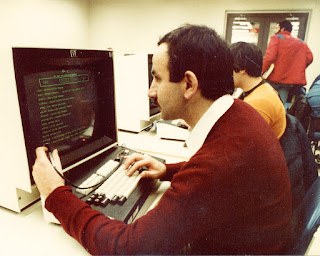Tom Sadeghi | Space Electronics
Space electronics has prompted the improvement of
cutting edge fabricating advancements traversing crosswise over mechanical
technology, to remote tasks and concentrated materials. Imaginative practices
and advances got a handle on from space learning have impacted a few
territories including creation, testing and assembling of new material
creation. These advances can possibly diminish producing manufacture cycles,
resolve maintaining issues and upgrade store network capability.
The National Laboratory onboard the ISS (International Space
Station) fills in as an examination base for procedures and gear that are
influenced by brutal situations and zero gravity. It is difficult to reproduce
such conditions on Earth, however, getting on board the space station can propel
organizations higher than ever.
Divisions that could profit by space hardware
3D Manufacturing: The procedure is applied to determine
troublesome issues in space and can be used to make all shapes and sizes items
on Earth. This can help in conservation in a remote environment and reestablish
existing strategies to upgrade adequacy and trim down costs for one of a kind
complex items.
In-Space Manufacturing: In-space fabricating that permits
fabricating items in a microgravity situation holds a satisfactory and
worthwhile market on Earth too. Procedures can be created to make colossal
amounts of silicon carbide wafers in the space condition. This could well start
the idea of in-space fabricating.
Mechanical autonomy: A robot can be intended to perform
activities outside the ISS which can help in maintaining a strategic distance
from the dangers because of human mistakes. The humanoid robot can be made to
complete capacities with screwdrivers and torques and used for fine machining
applications. Mechanical technology holds a huge potential in cutting edge
space missions as well.
Complex woven Materials: Complex warm security framework was
woven to wad and monitor the Orion rocket. These propelled composite woven
materials utilized in space innovation can secure individuals on Earth and give
answers for assurance from brutal conditions.
Self-sufficient Systems: The AS (Autonomous Systems) task of
NASA modernizes shuttle activities and charges stacking frameworks. The
propelled phases of these frameworks have the capacity to take in the
fundamentals of man-made consciousness and increment the number of tasks it can
perform.
It is conceivable to consolidate space information and
propelled producing innovations to manage emergencies and characterize
practicable arrangements. Producers can apply advancement to improve working
efficiencies by testing and planning new gear in low gravity. This will push
clear a path for the advancement of high-quality low-weight materials that are
beneficial just as viable for use on Earth.
Tom
Sadeghi is specialties in Aerospace Electronics, Command & Control
Architecture, Flight and Jet Engine Critical Systems, and Computers. For more
information please follow Tom Sadeghi Blog.
Website:- https://tomsadeghi.wixsite.com
Blogs :- https://tomsadeghi.wordpress.com/
Twitter :- https://twitter.com/tom_sadeghi

Comments
Post a Comment